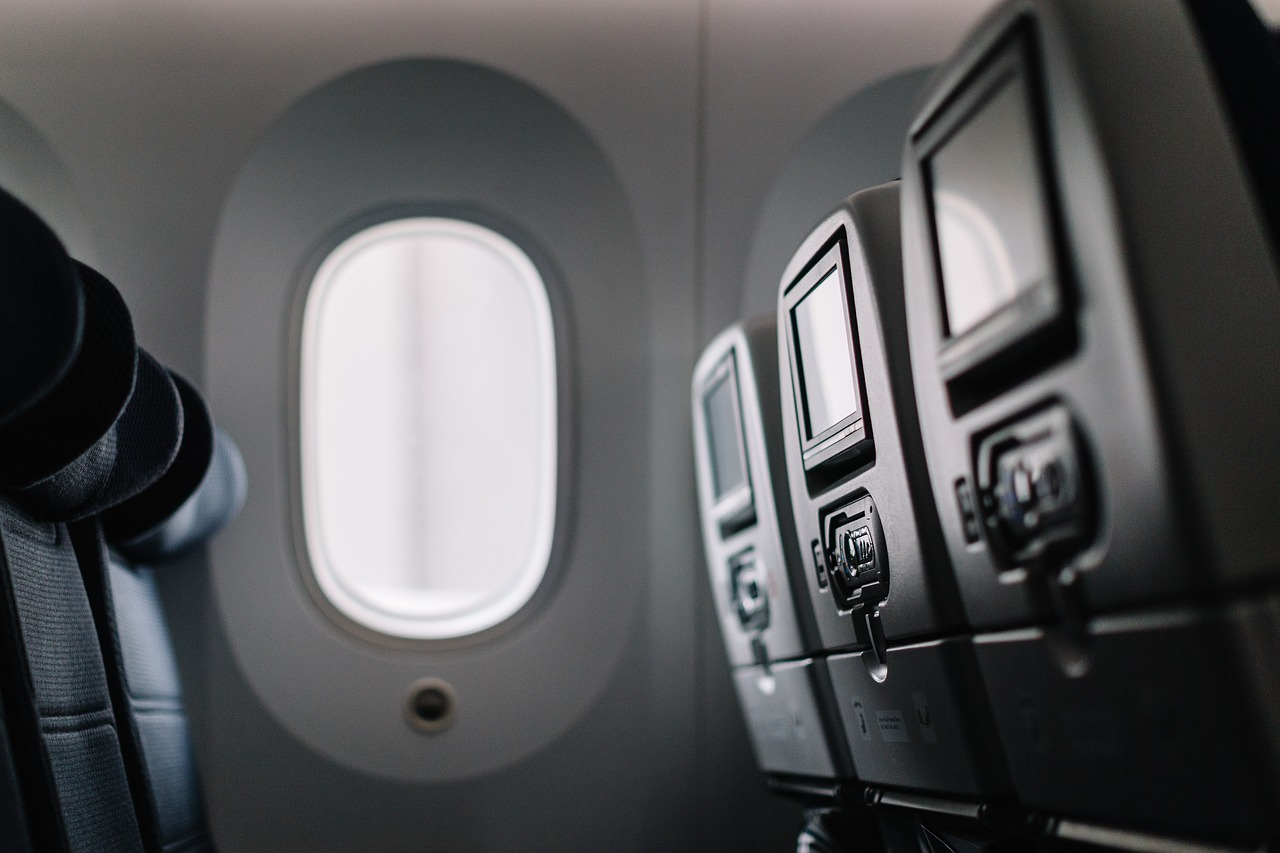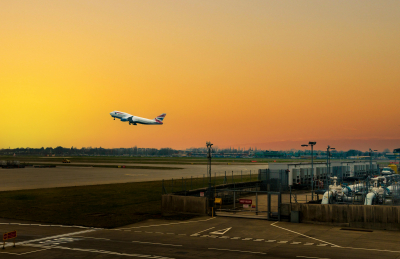The growing tension between Air Canada and its pilots
The ongoing negotiations between Air Canada and ALPA have highlighted a deepening conflict over wages and working conditions. At the heart of the dispute is the desire of Air Canada's pilots to close the significant pay gap with their American counterparts, who recently secured substantial pay increases. In 2023, U.S. pilots at major airlines such as Delta, United, and American Airlines achieved wage hikes between 34 and 40 percent. In contrast, Air Canada pilots argue that their current compensation falls far below market standards, despite flying similar routes in the same airspace.
ALPA’s first officer, Charlene Hudy, emphasized the frustration felt by pilots, particularly in light of Air Canada's record profits. "Air Canada continues to post record profits — and reward its executives handsomely — while expecting pilots to accept below-market compensation," Hudy remarked, criticizing what she perceives as corporate greed driving the airline’s resistance to meet the union’s demands. At 98 percent, the pilots overwhelmingly voted in favor of job action last month, signaling their commitment to press for better pay and working conditions.
The risk of flight cancellations and customer impact
With over 670 daily flights operated by Air Canada and its low-cost subsidiary Air Canada Rouge, the potential strike could have widespread effects. The airline is preparing to gradually suspend its operations, with a shutdown possibly starting as early as September 15, 2024. If no agreement is reached, either party may issue a 72-hour strike notice or a lockout notice, triggering a phased wind-down of flights over a three-day period. This could lead to the cancellation of flights affecting up to 110,000 passengers daily.
To mitigate the impact on travelers, Air Canada has offered flexibility to customers with travel scheduled between September 15 and 23. Passengers can make changes to their bookings free of charge or opt to receive a credit for future travel. In the event of flight cancellations, travelers will be entitled to full refunds, although no additional compensation is guaranteed under Canada’s current Airline Passenger Protection Regulations.
Barry Eidlin, a sociology professor at McGill University, noted that the wage standoff reflects a broader trend in Canadian labor negotiations. High inflation has significantly eroded workers' paychecks, leading to increased demands for compensation adjustments across multiple sectors. "Workers are trying to make up for lost ground, especially in the context of collective bargaining agreements that were negotiated prior to the inflationary climate," Eidlin explained.
Management’s stance and ongoing negotiations
Air Canada’s leadership maintains that there is still room for compromise, despite the growing tension. CEO Michael Rousseau emphasized that the company remains committed to reaching an agreement but urged ALPA to moderate its wage demands, which he described as far exceeding average Canadian wage increases. "Air Canada believes there is still time to reach an agreement with our pilot group, provided ALPA moderates its wage demands," Rousseau stated.
However, ALPA has accused the airline of using tactics to pressure pilots and disrupt air travel. Hudy’s response to Rousseau's statement pointed to what she sees as the company’s refusal to engage in serious negotiations, stating that Air Canada should "come to the bargaining table with serious proposals" rather than threatening operational disruptions.
The situation is further complicated by the fact that Canadian pilots, unlike many other workers, frequently interact with international colleagues who are often paid significantly more for similar work. This comparison fuels dissatisfaction among Air Canada pilots, who believe their compensation should reflect these international standards. As Eidlin noted, pilots' interactions with their peers at U.S. airlines give them a clearer picture of pay disparities, which in turn shapes their expectations for fair compensation.
Possible outcomes and future developments
If the strike goes ahead, Air Canada anticipates that it will take approximately seven to 10 days for normal operations to resume. The shutdown of its flight operations would occur over a three-day period, with a full system-wide halt as early as September 18, 2024. To accommodate affected passengers, the airline is in discussions with other carriers, including those operating under the Air Canada Express brand, which may continue to operate since they are run by third-party airlines.
Canadian Labour Minister Steven MacKinnon’s office has expressed confidence in the collective bargaining process, urging both sides to find a resolution. "Our government firmly believes in the collective bargaining process, and Canadians are counting on the parties to get a deal," the statement read.
Meanwhile, Air Canada customers are already seeking alternatives. Mike Springer, a lifelong customer of the airline, decided to book his upcoming flight with WestJet due to concerns about potential cancellations. Springer, however, expressed his support for the pilots, stating that their push for wage parity with U.S. peers is justified. "When you're flying the same routes as a United flight, and that pilot is getting paid twice as much, that doesn't seem fair," he commented.
As the clock ticks closer to the potential strike date, both Air Canada and ALPA continue to negotiate, but the gap between their positions remains wide. Whether they can reach a compromise before operations grind to a halt remains uncertain.
Conclusion: the broader implications of the dispute
The conflict between Air Canada and its pilots highlights the broader issues at play in labor negotiations across industries affected by inflation and wage disparities. The pilots' demand for fair compensation is reflective of a global trend in which workers, particularly those in highly skilled professions, are reevaluating their pay in light of international benchmarks. As Air Canada faces the prospect of a major operational shutdown, the resolution of this dispute will likely have lasting effects on both the airline's future labor relations and the Canadian aviation industry as a whole.
source: CBC


 Whether you're looking for an adventurous outing with your loved ones or a peaceful exploration on your own, Santorini full
Whether you're looking for an adventurous outing with your loved ones or a peaceful exploration on your own, Santorini full Travelling from Bristol to London Heathrow Airport is a journey that requires careful planning, especially when catching an important flight.
Travelling from Bristol to London Heathrow Airport is a journey that requires careful planning, especially when catching an important flight. The recent remarks by Prime Minister Justin Trudeau about Heinz's exit from Canada have sparked a response from the ketchup
The recent remarks by Prime Minister Justin Trudeau about Heinz's exit from Canada have sparked a response from the ketchup

